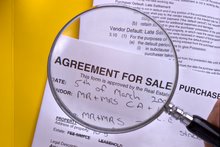Avoid Potential Problems When Buying A Home
Look to see if there is anything unusal about the land that the house is built on. Is the section prone to flooding? Is the driveway shared with another property. Are the boundaries and fences where they should be? This is where professional advice is needed to ensure you don't buy into a problem.










